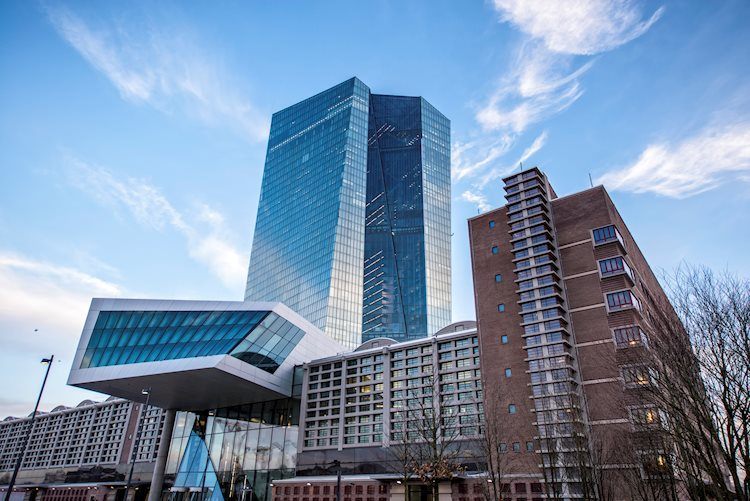The fifth generation mobile internet (5G) already has a date to start being activated in the cities of Salvador, Goiânia and Curitiba.
It will be next Tuesday, August 16th. The information was shared by the adviser of the National Telecommunications Agency (Anatel) Moisés Queiroz Moreira, who presides over the group responsible for cleaning the lane through which internet signals travel.
Moreira informed that tests will begin this Tuesday (9th) to investigate possible interference in the signal in these capitals.
With everything right, the release of the band for 5G activation will be formalized at the meeting on Friday (12) of the Follow-up Group for the Implementation of Solutions for Interference Problems in the 3,625 to 3,700 MHz band (Gaispi).
Five capitals already have 5G coverage: Brasília, Belo Horizonte, Porto Alegre, João Pessoa and São Paulo.
In the beginning, the signal only covers some neighborhoods in cities, and it is still common for there to be several shadow areas, that is, where 5G does not catch on.
Moreira said that the forecast is that almost all capitals will have the range released for 5G activation by the end of August.
But there are exceptions, he reasoned, and it may be necessary to extend the deadline by another 60 days. This would be the case of Manaus and Belém.
“Some cities are facing more logistical difficulties. There is a lot of talk in Manaus and Belém. At the Friday meeting, I want to have this information already raised. And, if that is the case, I will ask the Anatel council to extend the deadline”, explained Moreira.
Arrival of 5G
To use 5G, you don’t need to change your SIM card or phone plan. Companies have been offering free access to new technology.
Just have a device compatible with 5G and be within the coverage area of the new signal.
There are 81 cell phones on the market capable of capturing 5G, according to the list approved by Anatel. Prices start from approximately R$ 1,500.
There is, however, a difference between the devices. Only 59 models are capable of working on the “pureblood 5G” standard (standalone, in market parlance), which offers the highest levels of speed and the lowest levels of latency. The other 22 devices work in the standard non-standalonewith lower performance.
The arrival of 5G promises a data traffic speed up to ten times faster than 4G, associated with an almost instantaneous response time between devices.
Many cities already have 5G DSS, which shares the same range as 4G. This made room for a speed gain, but it’s still well below 5G. standalone which is being activated now.
Source: CNN Brasil
I am Sophia william, author of World Stock Market. I have a degree in journalism from the University of Missouri and I have worked as a reporter for several news websites. I have a passion for writing and informing people about the latest news and events happening in the world. I strive to be accurate and unbiased in my reporting, and I hope to provide readers with valuable information that they can use to make informed decisions.






